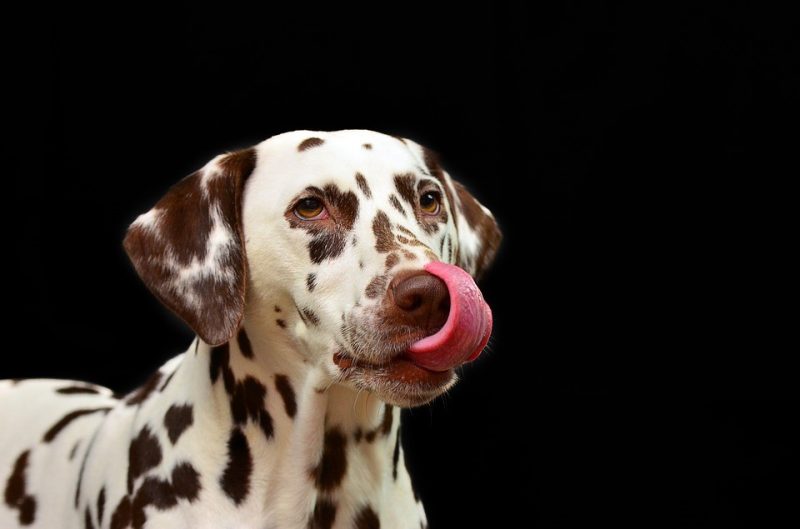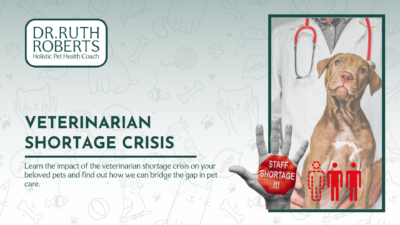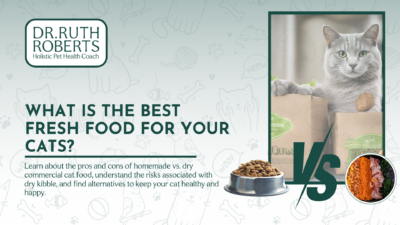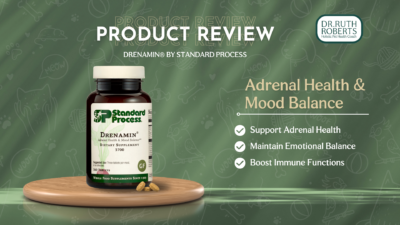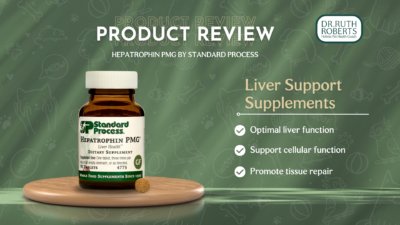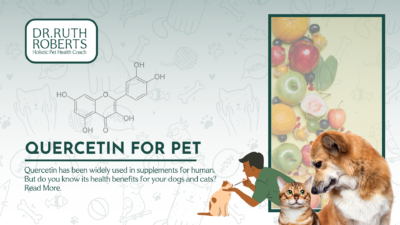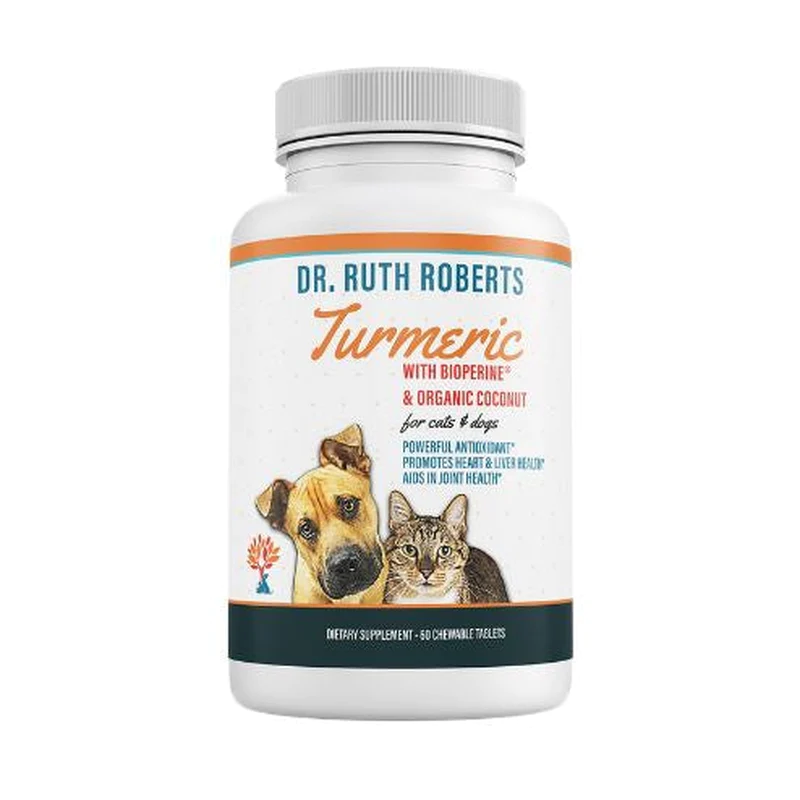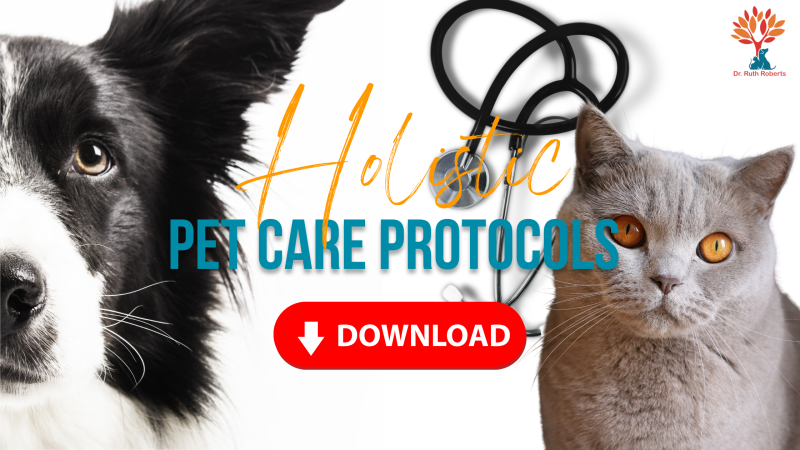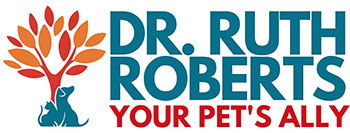If you’ve been following this blog, you know that I recommend cooking for your dog.
Specifically, natural, wholesome food packed with healthy proteins and vegetables!
But sometimes our pets love natural foods a little too much.
When that pile of chicken bones marked for the trash suspiciously shrinks, your dog may be the culprit.
What should you do if your dog eats chicken bones?
Here are 10 tips to help you form a plan of action when your dog helps himself to a trash full of chicken bones:
- Call your vet. Before symptoms even appear, go ahead and make that phone call.
- Monitor your dog! It’s a simple fact: you can’t notice if anything is wrong if your dog is not around. Ask your boss if you can work from home. Keep your dog within sight. If Fido takes a three-hour ramble in the woods, you’ll miss out on any symptoms he may display.
- Observe your dog’s eating habits. A failing appetite is a red flag. If your dog is refusing your delicious Original CrockPET® meals, you need to pay attention. Your puppy may be refusing food because of an obstruction caused by chicken bones.
- Consider feeding your dog bread. This suggestion may possibly help your dog digest the chicken bones easier.
- Observe your dog’s energy level. Has your spirited pup suddenly become sluggish? Notice if your dog snubs a favorite toy. Check her reaction when it’s time to go for a walk. Lethargy can be a sign that a chicken bone has gone awry.

- Look for signs of abdominal pain. It’s obvious. If those chicken bones are blocking Fido’s digestive track, abdominal pain may result. Check for any sensitivity your dog displays around his stomach area.
- Note any vomiting. While vomiting can have a natural explanation, if your dog has eaten chicken bones, don’t be so quick to dismiss it. Make sure you inspect your house and yard for signs of vomiting. Again, it’s important to keep your dog nearby.
- Watch for dehydration. This may sound simple, but dehydration can be a sign that those chicken bones are causing serious problems.
- Watch for rectal bleeding. Chicken bones have the potential to damage your dog’s rectum, causing it to bleed. Make sure you accompany your dog when she goes outside to use the bathroom.
- Inspect your dog’s stool. Do you notice any chicken bones in the waste? This is vitally important. If 48 hours have gone by without your dog passing the chicken bones, you should take this as a serious sign and contact your vet at once.
I cannot stress this enough: If your dog shows symptoms of complications from the chicken bones, please make sure to contact your vet and monitor your dog until danger passes.
Chicken bones are dangerous, but there’s good news: your dog can eat real food without endangering his or her safety.
The solution is simple. It’s called The Original CrockPET Diet®.
Give your pet a helping paw and check out The Original CrockPET Diet® today!

